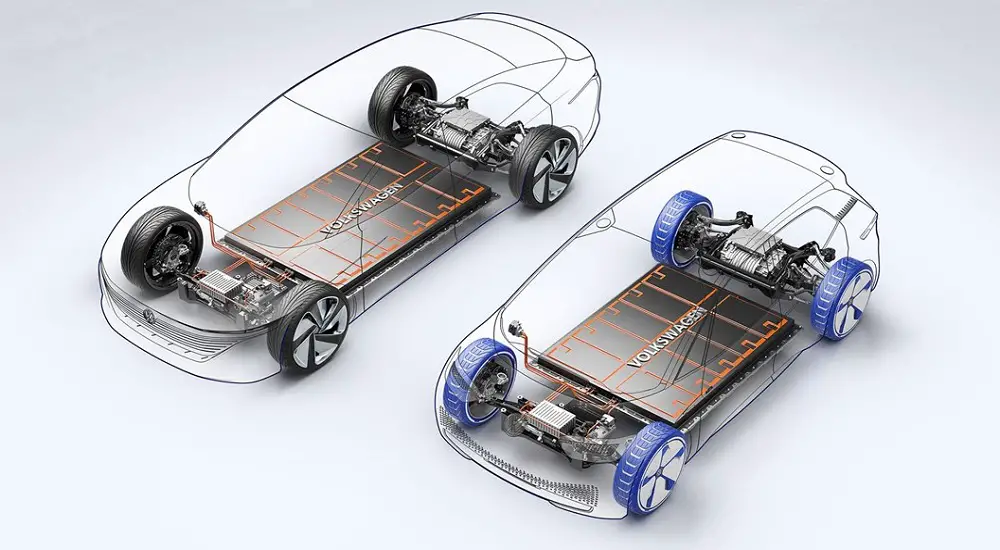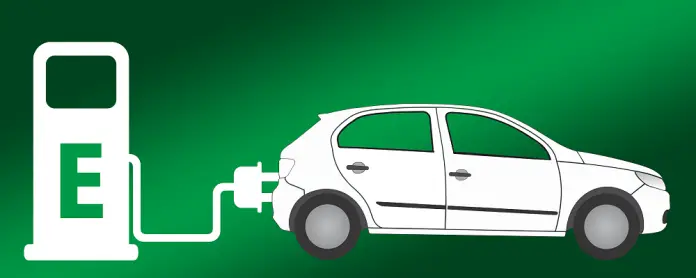It’s said electric vehicles, often touted to be the environment-friendly ride and an elite solution for the protection of mother nature are said to release more toxins into the atmosphere than fuel-based vehicles. The damning study offers anti-current insights into the untouched impact of EVs on the environment shedding some striking assumptions. The study comes from Emission Analytics which was released in 2022. It only drew more attention after it was cited in a Wall Street Journal op-ed recently.
So, how come EVs including the electric cars that are considered to favor sustainable development goals could risk the environment even more than their gas-powered rides? The answers lie in the tires used in the EVs. The stunning study states that the brakes and tires on electric vehicles release 1,850 times more toxic particles compared to those of traditional vehicles. It even further mentions that modern gas-powered vehicles have “efficient” exhaust systems so they release fewer pollutant particles these days. Given that more pollution coming from vehicles is from tire wear, it’s a vital factor while discussing environment conservation from vehicles.
The Emission Analytics holds that light tires which are made of crude oil and additives are used on weightier vehicles which makes them tear and wear out faster. EVs are traditionally heavier so brakes and tires are likely to suffer deterioration faster requiring replacement sooner.
Check out: Why You Should Buy an Electric Vehicle in Nepal?
Electric vehicles are more harmful than fuel-based cars!
The study established that the tire emissions from half a metric tonne battery in an electric vehicle were 400 times greater than exhaust particulate emissions on traditional vehicles. For e.g., popular EVs such as the Tesla Model Y carry a battery that weighs over 832 kg. The automaker sells the car with an 8-year warranty on the battery and afterwards, it will require a replacement.

Emission Analytics also sheds light on the use of “oil” in EVs. While zero emissions has been a top pitch for EV marketers and lawmakers, the study calls it “deceptive” and backs it up by mentioning that tires used in EVs are made from petroleum product which releases pollution as they wear.
Find: BYD Atto 3 Price in Nepal With Specs [2024 Latest Update]
But here’s what to know about the CO2 emission from EVs
But before the reversed conclusions are made on EVs, there is a bit of modesty. EVs do lower CO2 emissions- a considerable 50% by the way. So, we may not have to fret that much but wait. As tires of EVs release toxins into the environment, the environment is likely to be at the receiving end.
EVs are far from being the default choice. And likey, there is a lot of research and development going on. it’s suggested that minimizing the toxins while making EV tires is to reduce the toxic chemicals during their manufacturing. Across the board, there’s also some development on hydrogen-powered cars thanks to their advantages. But they do have their negating sides too.
To sum up, gas-powered vehicles are not seen as the future in the auto industries and EVs are probably gaining momentum more than ever. If the downsides are improved which should be, they will be far friendlier to mother Nature as expected and hoped and besides, there’s also some unavoidable development on hydrogen-based cars.



